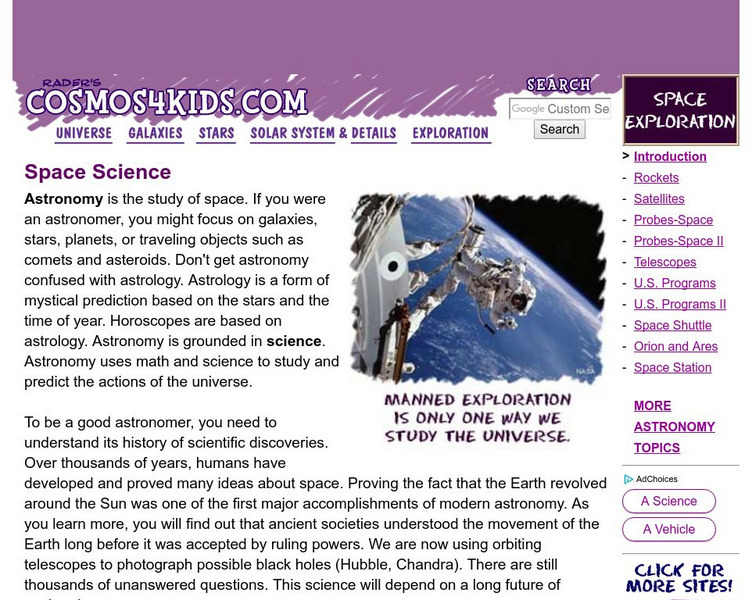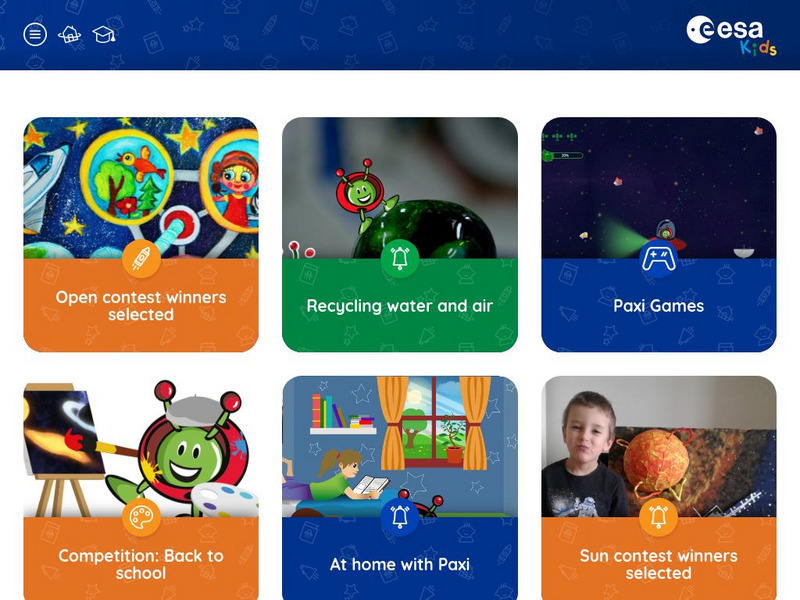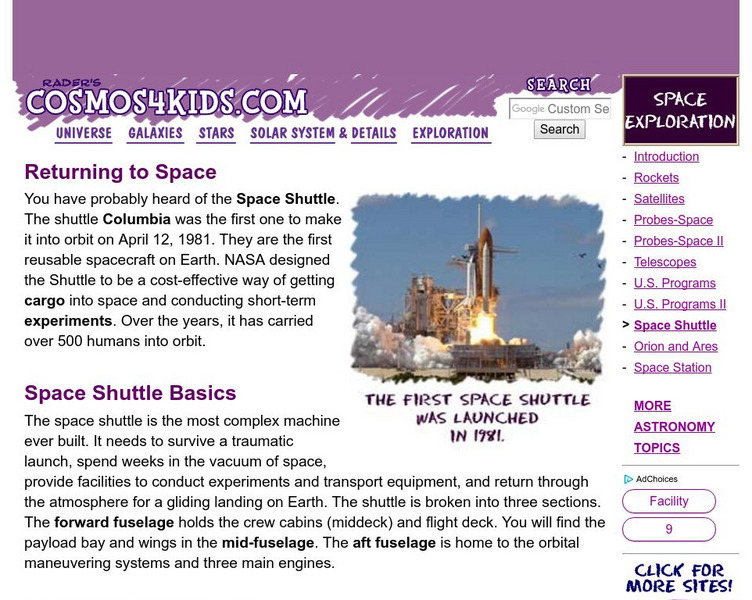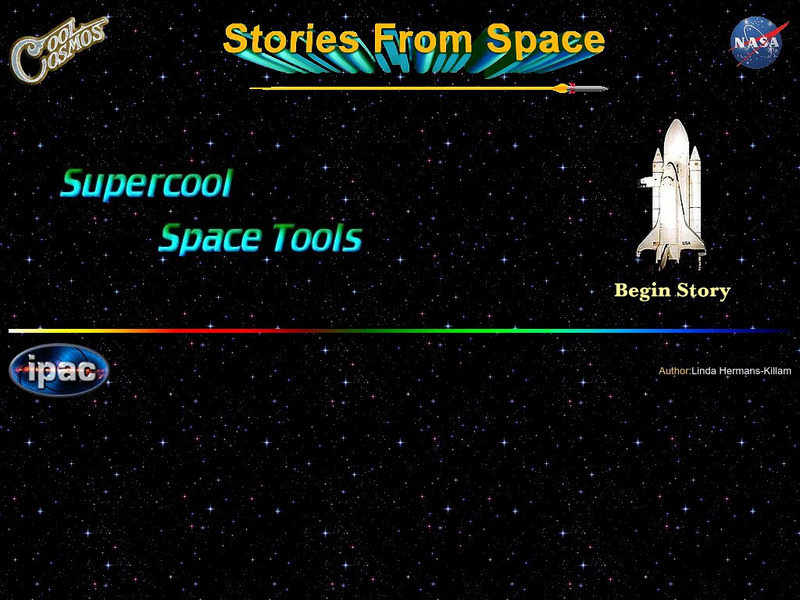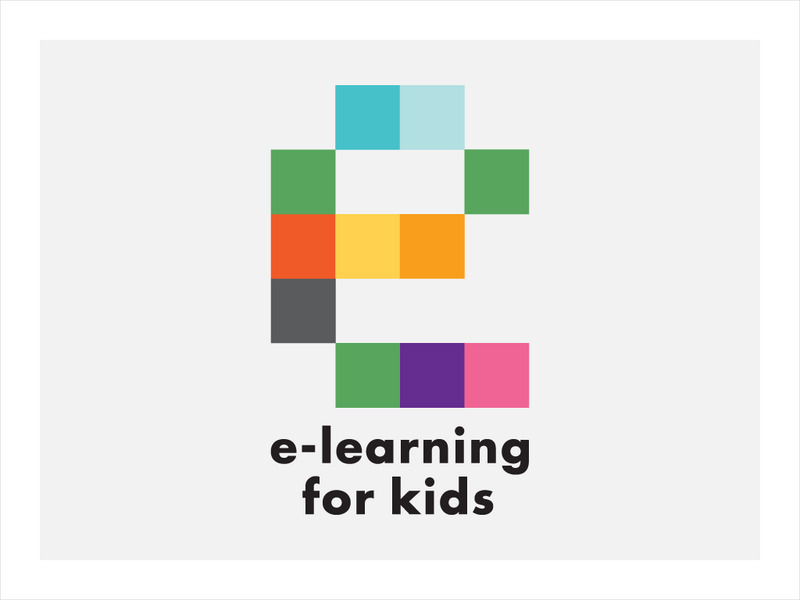Other
The Space Race
Although the space race was originally a competition between two Cold War foes,it ultimately resulted in many benefits for the people of the Earth. Find information on the Mercury, Gemini, and Apollo, and Soviet space programs,...
Space Telescope Science Institute
Space Telescope Science Institute: Hubble Site
Explore the universe and celestial phenomena made visible by Hubble. High-quality photos of planets, stars, nebulae, and galaxies, complete with individual descriptions, can be viewed online and downloaded for printing and personal use.
NASA
Nasa: Explorer: America's First Spacecraft
Featuring various multimedia resources, NASA provides a comprehensive overview of America's first space satellite, Explorer 1, that launched the United States into space exploration.
NASA
Nasa: Missions: Space Shuttle
Read a brief background about the NASA's space shuttle program and, then, dig deeper by watching videos, participating in interactive activities and reading additional information about the missions and the retirement of the shuttles.
NASA
Nasa: National Aeronautics and Space Administration
This is NASA's home page, with daily updates and links to the countless NASA sites. The multimedia gallery is of particular interest, containing a wealth of photos, videos, audio clips, and more.
NASA
Nasa: Solar Energy for Space Exploration
This activity book includes lessons and objectives for students to explore solar energy for space exploration. Students will play an active part in decision making for space exploration.
NASA
Nasa: Cassini Solstice Mission Timeline
Interactive timeline allows user to view the entire history of the Cassini Solstice Mission to Saturn due to be completed in 2017.
National Women’s History Museum
National Women's History Museum: Sally Ride
Biographical profile on Sally Ride, the first American woman in space.
National Women’s History Museum
National Women's History Museum: Mae Jemison
Astronaut Mae Jemison became the first African American woman to travel in space.
Science Buddies
Science Buddies: Two Stage Balloon Rocket
Students will build a multi-stage balloon rocket that they can launch across the classroom while learning about real space flight and Newton's laws of motion.
Science Buddies
Science Buddies: Teaching the Scientific Method With Paper Rockets
This lesson will introduce your students to the scientific method using a fun, hands-on activity.
Science Buddies
Science Buddies: Learning the Scientific Method With Paper Rockets
Learn about the scientific method in this activity that uses rockets made from nothing but paper, tape, and straws.
PBS
Pbs Learning Media: Being a Leader
Help your students think critically about the dynamic and changing nature of what it means to be a leader. Below you'll find resources that will assist and encourage your students to explore their value systems, promote positive...
Cosmos 4 kids
Cosmos4 kids.com: Exploration
Space can be explored in many different ways. Read about space exploration and click on the topics on the right margin to find out how man finds out about his universe.
National Academy of Engineering
Greatest Engineering Achievements of the 20th Century: Spacecraft
Students learn about spacecraft in the 20th century. Some topics investigated are Apollo, after Sputnik, and exploring galaxies. The resource consists of historical information, a timeline, and a personal essay by a key innovator.
European Space Agency
European Space Agency: Esa Kids
Multilingual site with articles, news. images, games, and activities about the universe, life in space, the Earth, space exploration, and related topics.
Cosmos 4 kids
Cosmos4 Kids: Exploration: Space Shuttle
Learn all about the space shuttle .. construction, launching, landing, and more. The brief, to the point text makes this site most suitable for younger researchers.
California Institute of Technology
Stories From Space: Supercool Space Tools
A great story highlighting the history of space discovery and the tools then and now. Learn about the tools and technology that help us in our quest to go beyond our planet and our solar system.
NASA
Nasa: Astronaut Biography: m.lopez Alegria
Read biographical facts about this Spanish-born astronaut who is the veteran of three space flights including the Columbia, the Discovery, and the Endeavour.
NASA
Bumping Into a New Friend
On July 4, 2005 a probe collided with comet Tempel 1. This site is for younger children who would like to understand more about this comet or just comets in general. It's designed to look like a story book and is quite basic.
NASA
Nasa: Spitzer Images
See some of the beautiful color images that were taken by the Spitzer space telescope.
NASA
Nasa: Missions: Venus: Mariner 5
Designed as a backup craft for Mars exploration, Mariner 5 was refurbished for a flyby mission to Venus in 1967. This site provides basic information about the spacecraft and its mission.
E-learning for Kids
E Learning for Kids: Science: Madagascar: What Is the Solar System?
Patrick loves being a pirate, but he'd prefer to be an astronomer. Join him, and learn about everything high in the sky like the moon, stars, and asteroids.
PBS
Pbs Learning Media: Give Me Some Space
Students are asked to identify equipment and/or instruments used to explore the universe.







